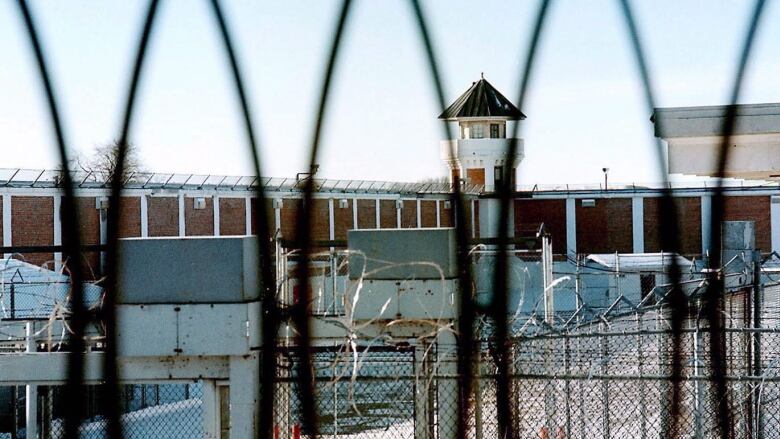Solitary confinement for disciplinary infractions up at Saskatchewan penitentiary
Segregation for disciplinary infractions skyrockets from 1 to 21 cases in a year

An analysis by CBC News has found segregation for disciplinary infractions skyrocketed from oneto 21 cases in one year at the federal penitentiary in Prince Albert, Sask.
The dramatic rise in disciplinary segregation at the Prince Albert pen was not tied to one specific incident, according toa statement from the Correctional Service of Canada.
"The purpose of the disciplinary system isto encourage inmates to conduct themselves in a manner that promotes the good order of the penitentiary, through a process that contributes to the inmates' rehabilitation and successful reintegration into the community."
The Corrections and Conditional Release Act distinguishes between two types of inmates isolation practices. Disciplinary segregation is a sanction that is intended to have punitive value and has a maximum duration of 30 days. This is imposed on inmates that have been found guilty of a serious offence and involves independent approvals.
Saskatchewan Penitentiary hadthe second largest number of admissions todisciplinary segregationin Canada in 2015-16.The prison had a daily average population of 833 prisoners.
Administrative segregation declining
The other type of segregationis administrativesegregation.
Itis used as a separation tactic in prisons for safety reasons or to prevent interference in a police investigation. This form of isolation by far the most common type in federal penitentiaries is meted out entirely by internal prison officials and can last indefinitely; in some cases for years.
There were 632 instances of this type of separation in 2014-15 at the prison in Prince Albert.The number dropped to 439 in 2015-16.
Former Saskatchewan inmate sues after solitary confinement
In 2011, a Saskatchewan woman sued CorrectionsCanada after she was held in solitary confinement inB.C. for three and a half years of her six-year sentence.
BobbyLeeWorm, who was working with the B.C. Civil Liberties Association,settled the lawsuit in 2013.
People who are in segregation for longer than 15 days we see that as torture. We have called for at least a halt to that.- Sue Delanoy, Elizabeth Fry Society in Saskatoon
She said she spent23 hours a day alone in her cell.
"Solitary confinement does one thing. It breaks a person's will to live. Being locked up like that you feel like you're losing your mind. The only contact with another human is through a food slot. Days turn into nights and into days and you don't know if you'll ever get out," Worm said in 2013.
After Worm filed her lawsuit, Corrections Canada ended what it called the "management protocol," which involved extensive use of solitary for problem female prisoners.
Calls to end solitary confinement
The Elizabeth Fry Society is calling on the government to end the use of segregation.
"Whether it's administrative segregation or punitive segregation, we just feel it's cruel and unusual punishment and we should work to get rid of it completely. Not even just a little but completely,"said Sue Delanoy of the Elizabeth Fry Society in Saskatoon.

The organization has written the prime minister expressing its concern about the use of the practice.
"People who are in segregation for longer than 15 days we see that as torture. We have called for at least a halt to that," said Delanoy.
Earlier this week, theOntario government announced changes to its solitary confinement practices reducing the maximum time from 30 days to 15.
Saskatchewan's ministry of justice is also reviewing prisoner segregation.
"It's been a practice for so long and nobody hasquestionedanything and I think now that advocates are saying a lot of the people that are in segregation - the long term isolation it's negatively affecting people's already exacerbated mental health," said Delanoy.












_(720p).jpg)


 OFFICIAL HD MUSIC VIDEO.jpg)
.jpg)



























































































